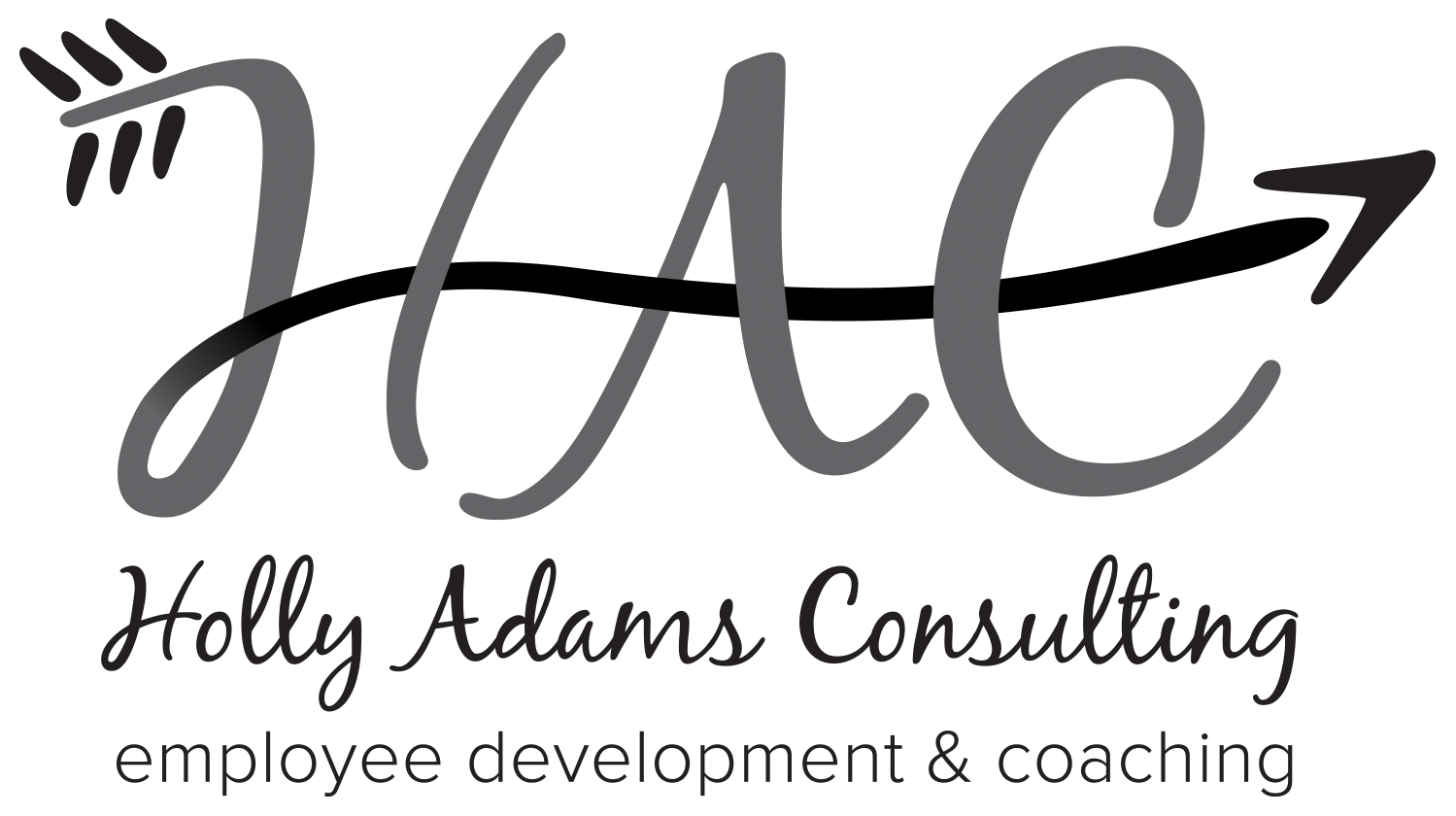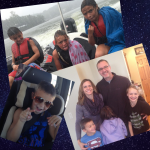Extra snow days have allowed for some extra reading.
Here are some of my current favorites:
Conversational Intelligence by Judith E. Glaser
My favorite passages:
How simple life would be if we could just do things the way we did them in the past. We can trust ourselves because we’ve seen it work. But often the techniques that were successful in the past don’t apply to what appears to be a similar situation in the present.
Why? Because imposing our old solutions leaves out the differences between the old and the new situation: it leaves out the human factor, it leaves out others’ experiences, and it leaves out the learning process in which others can get involved. People learn best by doing, not by being told what to do. The “my way or the highway” model of leadership fails to engage people in learning, and in many ways negates their experiences.
When, instead of triggering a state of trust, a conversation creates a sense of threat, and stimulates the primitive brain, we converse from that limited reservoir of skills. To make matters worse, we make stuff up – make own interpretations – about what’s going on and we disconnect from others even more.
Rocket Fuel by Gino Wickman and Mark C. Winters
My favorite passages:
When you are aggressive in meetings, it makes you difficult to challenge. When frustrated, you may take a tone of condescension and appear dismissive of those who fall short of your expectations. This behavior can easily discourage healthy debate. It may even encourage the type of sycophants that blind your organization to facing the true issues your team must address in order to grow. Open and honest? Not so much. The team will progressively make fewer and fewer decisions. Why should they risk the chance of being wrong and incurring your wrath? Plus, they know their “genius” is going to make the call anyway.
The idea isn’t enough: it must be implemented to have value.
When more than one person is accountable, nobody is.
Digital Minimalism by Cal Newport
My favorite passages:
When entire cohort unintentionally eliminated time alone with their thoughts from their lives, their mental health suffered dramatically. On reflection, this makes sense. These teenagers have lost the ability to process and make sense of their emotions, or to reflect on who they are and what really matters, or to build relationships, or to even just allow their brains time to power down their critical social circuits, which are not meant to be used constantly, and to redirect that energy to other important cognitive housekeeping tasks. We shouldn’t be surprised that these absences lead to malfunctions.
In her 2015 book, Reclaiming Conversation, Susan Terkel draws a distinction between connection, her word for the low-bandwidth interactions that define our online social lives, and conversation, the much richer, higher-bandwidth communication that defines real-world encounters between humans. Turkle agrees with our premise that conversation is crucial:
Face-to-face conversation is the most human – and humanizing – thing we do. Fully present to one another, we learn to listen. It’s where we develop the capacity for empathy. It’s where we experience the joy of being heard, of being understood.
The more I study this topic, the more it becomes clear to me that low-quality digital distractions play a more important role in people’s lives than they imagination. In recent years, as the boundary between work and life blends, jobs become more demanding, and community traditions degrade, more and more people are failing to cultivate high-quality leisure lives that Aristotle identifies as crucial for human happiness. This leaves a void that would be near unbearable if confronted, but that can be ignored with the help of digital noise. It’s now easy to fill the gaps between work and caring for your family and sleep by pulling out a smartphone or tablet, and numbing yourself with mindless wiping and tapping. Erecting barriers against the existential is not new – before YouTube we had (and still have) mindless television and heavy drinking to help avoid deeper questions – but the advanced technologies of the twenty-first-century attention economy are particularly effective at this task.
What are some of your favorite reads right now?
https://www.linkedin.com/in/holly-adams-54b1b914/
https://www.facebook.com/HollyAdamsConsulting/



